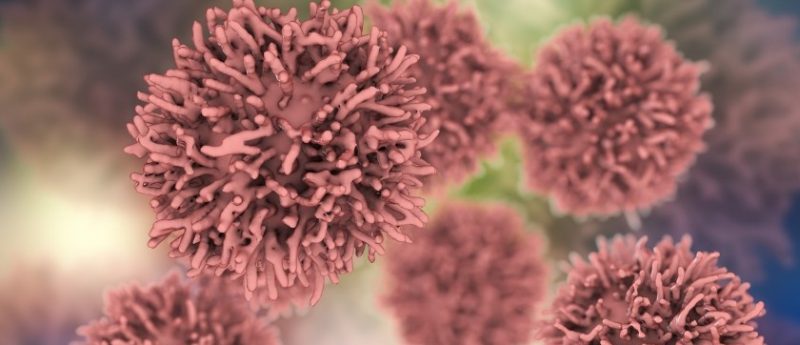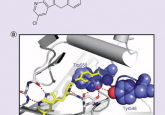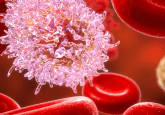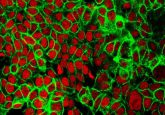Newly identified protein linked to therapy resistance in prostate cancer

In a recent study published in the Journal of Clinical Investigation, a protein termed androgen receptor splice variant 7 (AR-V7) has been found to play a key role in hormone therapy resistance in patients with prostate cancer.
Researchers from the Institute of Cancer Research (ICR; London, UK) and the University of Washington (WA, USA) have discovered that the AR-V7 protein is commonly expressed in patients with advanced stage prostate cancer following unsuccessful hormone therapy. In comparison, it is only found in less than 1% of early stage cancer patients.
Androgens play a key role in prostate cancers with hormones such as testosterone being relied on for growth and development. Current hormone therapies such as Zytiga® (abiraterone) target the androgen receptors in the cell; however, structural changes and mutations in the receptors catalyzed by proteins can lead to therapy resistance.
Using a newly developed antibody to target AR-V7 in cancer cells, researchers were able to track and measure its levels much more accurately than in previous studies.
Examination of biopsy samples from both early and advanced prostate cancer patients found that AR-V7 was discovered in three quarters of men with late stage cancer, with expression further increased in those who had been through the advanced hormone therapies abiraterone and Xtandi® (enzalutamide).
“This is the biggest study to date of AR-V7 protein expression in tissue biopsies from men with early and advanced prostate cancer, and shows that the emergence of the AR-V7 protein in cells is an important event in the development of resistance to hormone therapies like Abiraterone, which was discovered at the ICR” commented study leader Johann de Bono (ICR).The researchers suggest that further research should be done in this area, with focus on finding new treatments that can inhibit the activity of the protein. “If novel therapeutic strategies could prevent AR-V7 expression during hormone therapy, it could improve outcomes for men with lethal prostate cancer” de Bono concluded.
Sources: Sharp A, Coleman I, Yuan W et al. Androgen receptor splice variant-7 expression emerges with castration resistance in prostate cancer. J. Clin. Investig. 129(1), 192–208 (2019); www.icr.ac.uk/news-archive/protein-found-more-in-advanced-prostate-cancer-could-be-key-to-preventing-drug-resistance
Related news:





